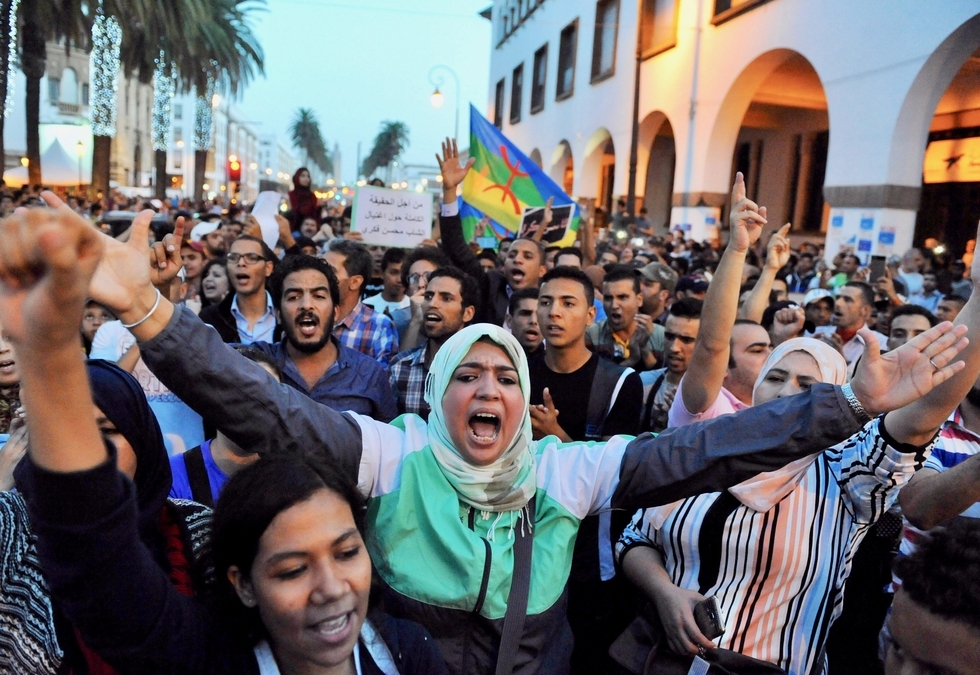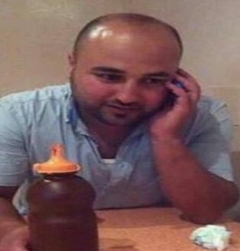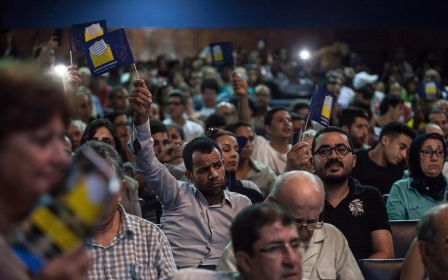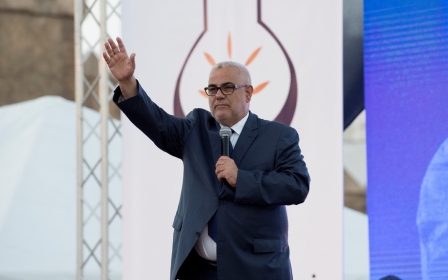Morocco hit by protests after fishmonger crushed in rubbish truck

Thousands of outraged Moroccans held protests in several cities on Sunday after a fishmonger in the northern town of Hoceima was crushed to death inside a garbage truck as he tried to retrieve fish confiscated by police.
The death on Friday prompted a frenzy of angry postings on social media against "Hogra", a Maghreb term referring to official abuse and injustice. Sunday's rallies were called by activists from the February 20 movement, which organised demonstrations during the Arab unrest of 2011.
In an effort to calm tensions, King Mohamed, currently on a tour of Africa, ordered the interior minister to visit the victim's family and present royal condolences.
The interior and justice ministries also promised an investigation.
Such large-scale protests are rare in Morocco, where the king still holds ultimate sway. Morocco calmed Arab Spring-style protests in 2011 with reforms, spending and tougher security while leaders in Tunisia, Egypt and Libya were swept from power.
"I have never seen such a crowd in the last few years, since 2011 at least," said Houssin Lmrabet, an activist from the town of Imzouren where thousands took part in the funeral of the victim and protests that followed. "Everyone feels crushed by that garbage truck."
Mouhcine Fikri had fish confiscated by police on Friday after he bought it at the port. Local authorities have banned swordfish sales in this season.
According to local media and authorities, Fikri jumped inside the trash truck that police used to destroy the confiscated fish in a desperate attempt to recover it when he was caught inside the crusher.
Protests were held in Hoceima and other towns in the Rif region, long seen as a hotbed of dissent, and also in Casablanca and the capital Rabat, where hundreds gathered chanting "Mohcine was murdered, Makhzen is to blame," in a reference to the royal establishment and its allies.
Fikri's death has echoes of how Tunisia's uprising began in 2011, triggering similar revolts across the region after a young man set himself on fire in desperation because police confiscated fruit and vegetables he was selling.
Activists accused police officers of ordering garbage men to crush Fikri, but the Moroccan police (DGSN) denied those accusations in a statement on Sunday.
Moroccan authorities heavily police such protests, nervous over popular unrest since the 2011 demonstrations. At that time the king devolved some of his authority to an elected government in a constitutional reform.
Governments in North Africa are wary of protests tapping into pent-up frustrations among unemployed youth. Tunisia has seen rioting twice this year in its south over jobs, and unions are sounding warnings over the government's new austerity plans.
Morocco is due to host the COP22 climate talks in Marrakesh from 7 to 18 November.
New MEE newsletter: Jerusalem Dispatch
Sign up to get the latest insights and analysis on Israel-Palestine, alongside Turkey Unpacked and other MEE newsletters
Middle East Eye delivers independent and unrivalled coverage and analysis of the Middle East, North Africa and beyond. To learn more about republishing this content and the associated fees, please fill out this form. More about MEE can be found here.





